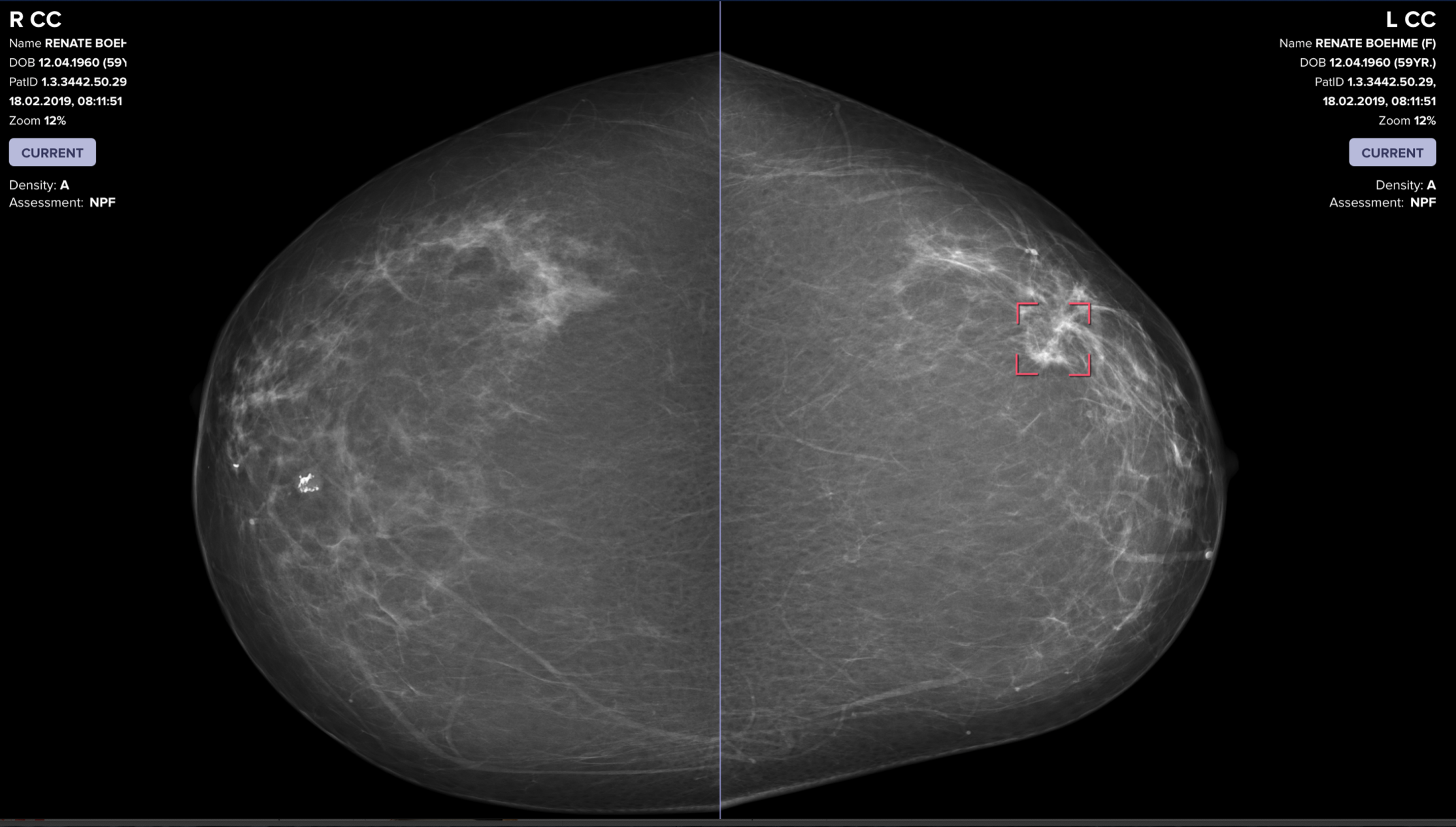The mammography screening paradigm has not changed since the 1960s.
Breast screening AI company Vara, with Essen University and Memorial Sloan Kettering hospitals, published a study showing that radiologists assisted by AI are better able to screen for breast cancer. The hope is that AI systems could detect cancers that doctors miss, provide better care in remote areas, and allow radiologists more time to see more patients.
Two approaches were tested. In the first, AI analyzed mammograms. In the second, AI distinguished between normal and concerning scans. It refers the latter to a radiologist, who reviews them before seeing the AI’s assessment. Then the AI issues a warning if it detected cancer when the doctor did not. In the study, the AI examined old scans and compared its assessments with those of the radiologist who reviewed them.
Data from 367,000 mammograms—including radiologists’ notes, original assessments, and information on whether the patient ultimately had cancer— was analyzed to learn how to place these scans into one of three categories: “confident normal,” “not confident” (in which no prediction is given), and “confident cancer.” The conclusions from both approaches were then compared with the decisions real radiologists originally made on 82,851 mammograms sourced from screening centers that didn’t contribute scans used to train the AI.
The second approach—doctor and AI working together—was 2.6% better at detecting breast cancer than a doctor working alone, and raised fewer false alarms. It automatically set aside scans it classified as “confident normal,” which was 63% of all mammograms.
Clairity, an AI-driven precision breast cancer screening company, using Harvard professor Connie Lehman and colleagues’ decades of research in radiomics and applied AI, has developed a rigorous scientific approach to improve the accuracy of risk assessment. Prof Lehman discussed her approach at the 2019 ApplySci conference at Harvard Medical School.
Join ApplySci at MIT on September 30, 2022 for Deep Tech Health + Neurotech Boston featring Giovanni Traverso, MIT – Bakul Patel, Google – George Church, Harvard – Kerri Dugan, DARPA – Ellen Roche, MIT – Nathan Intrator, Neurosteer – Emery Brown, Harvard – Mary Lou Jepsen, Openwater – Shaun Patel, REACT Neuro – Elizabeth Andukowich, NIMH – Ramita Tandon, Walgreens – Cris de Luca, Sanofi Ventures – Tom Oxley, Synchron
